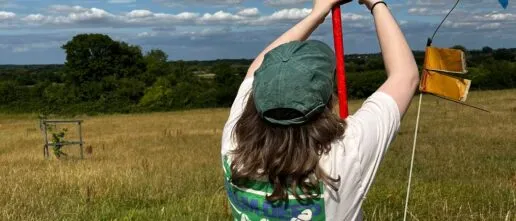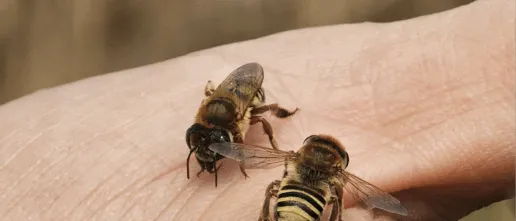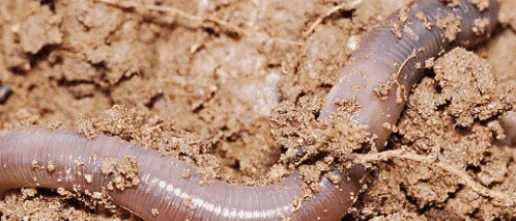Bawa Sulemana is an ecologist and doctoral candidate at Oriel College, University of Oxford. He works in the ecology working group of the Leverhulme Centre for Nature Recovery in the Environmental Change Institute.
As an ecologist and conservation biologist, Sulemana has substantial research experience in ornithology, herpetology, and freshwater ecology, and his current research focuses on advancing eco-acoustics, camera trapping and other remote sensing technologies to monitor biodiversity in tropical ecosystems. Sulemana is also a conservation practitioner integrating Indigenous knowledge systems with conventional Nature-based Solutions (NbS) for biodiversity management through Community-led conservation initiatives where Local Ecological Knowledge (LEK), traditional values and practices are employed to manage natural resources. Before commencing his studies at Oxford, he led rewilding initiatives and developed community-based biodiversity monitoring approaches for collaborative resource management in Ghana.
Sulemana’s DPhil research seeks to upscale the use of eco-acoustics for monitoring nature recovery by leveraging Artificial Intelligence to analyze acoustic data. His research will develop and apply unsupervised machine learning models that require minimal labelled data to analyze soundscapes and derive metrics of ecological integrity. Also, by analysing species’ functional structures and energy flows across taxa, he aims to evaluate the effectiveness of various nature recovery interventions in fostering truly resilient ecosystems. In addition, his work investigates approaches to reliably estimate species abundance and density from acoustic data while integrating high-resolution LiDAR and eco-acoustics to map habitat structure and model occupancy and distribution of keystone species.
By investigating the multifaceted dynamics of ecosystem resilience and restoration, Sulemana’s research will contribute valuable insights to both the scientific and conservation communities. His findings in the tropical ecosystem will hold significant value for the broader fields of ecological restoration and AI-driven biodiversity monitoring globally.
Related Toolkits

Artificial Intelligence
Developing AI algorithms to monitor, predict, simulate and contrast the baseline change in nature with the impact of interventions.

Remote Sensing
Working across pristine and human modified temperate and tropical forest ecosystems to understand and generate new knowledge about their functionality, health and resilience.
Related Projects

Ecoacoustics for assessing ecosystem health and function, from air to soil
Developing scaleable, transferable, and open approaches for ecoacoustics to assess nature recovery across global ecosystems

Healthy Ecosystem Restoration in Oxfordshire
Developing the local Oxfordshire landscape as a case-study, nature-recovery laboratory and community of practice.

Mapping nature recovery at scale
Our AI team is developing state-of-the-art AI approaches to combine different sources of data, including drones, satellite, survey data and social media, that are robust to a range of environmental scenarios, data noise and model reliability.

Remote sensing approaches to characterise pollinator diversity and plant-pollinator interactions in nature recovery landscapes of Eastern Ghana
Evaluating the effects of nature recovery on pollinators their interactions with plants.


